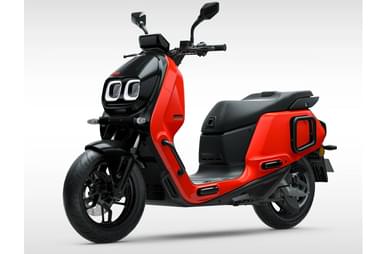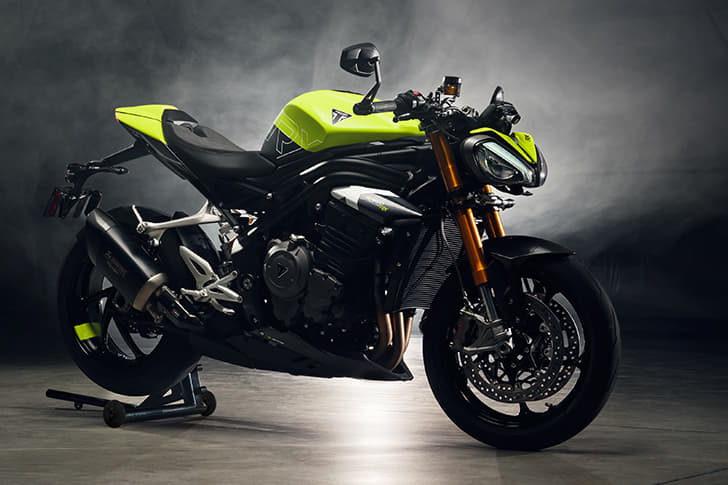
Last Updated on: 07 Oct 2025
River Indie
The River Indie has offered an efficient and practical electric riding experience since its launch on Feb. 22, 2023. The River Indie price is ₹1.46 lakh (ex-showroom), and this single-variant bike is available in 4 colors, including Monsoon Blue, Spring Yellow, Storm Grey, Summer Red.
The River Indie range is , as claimed by the company, allowing riders to confidently manage both urban commutes and short weekend trips.
River Indie Features and specifications
Our Rating | Yet to be Reviewed |
Body Type | Scooter |
Battery Range | 163 km |
Fuel Type | Electric |
Transmission | Automatic |
Claimed Electric Motor Range | 163 km |
River Indie price & variants
The River Indie price starts at ₹1.46 lakh (ex-showroom). It is available as a single variant. The Indie on road prices vary depending on the RTO, insurance, and other factors.
River Indie reviews

River Indie comparison














River Indie news
River Indie Images
The River Indie is showcased through 1 images, giving you a clear view of its design and styling. You can also observe key features in the visuals, providing an idea of what to expect from this electric bike in terms of design and functionality.

River Indie Colours
Riders can choose from 4 colors for the River Indie, such as Monsoon Blue, Spring Yellow, Storm Grey, Summer Red, giving flexibility in appearance.
Trending Questions on River Indie - Answered by Autocar Experts
I’m planning to buy a new scooter since my Ntorq has completed over 50,000 km and needs some rest. My daily running is about 50 km. I had initially planned to buy the Rizta 3.7, but now Yamaha is launching the Indie Twin. Should I wait for it? Also, when can we expect the EC-06 to launch?
From our experience with the practical and comfortable River Indie, it seems likely that the Yamaha EC-06 will carry forward those qualities as well. However, it remains to be seen what Yamaha's sales and service network for its EVs shapes up to be, and that is a crucial factor to consider.
We would recommend you stick to the proven mainstream players like the Ather Rizta, Bajaj Chetak and TVS iQube if you're looking for an electric scooter right now.
I have been using a Mahindra Gusto since 2015 for my daily commute of about 20 km. Should I continue with it or buy an EV scooter?
Since your scooter is already quite old and not E20 compliant, we would recommend changing to a newer petrol scooter or an EV.
If you’re interested in an electric scooter, consider options like the TVS iQube, Bajaj Chetak, Ather Rizta, or River Indie. Make sure you choose a variant that offers enough range for your daily use.
However, if EVs seem too expensive, a new petrol scooter like the TVS Jupiter 110 or the Suzuki Access will fit the bill.
I am a 6'2" male weighing about 92 kg. I want to buy a new electric scooty or scooter with a daily range of 50-60 km. I live in Uttar Pradesh and will be riding on poor road conditions. Please advise which model I should buy.
Considering your physique, we would recommend e-scooters like the Bajaj Chetak, TVS iQube or River Indie. All three are spacious and comfortable, although the Indie is the largest of them all and likely to be the best bet in this regard. If there is a River showroom near you, you can go with the Indie. If not, then either of the Bajaj or TVS models will serve you decently well. Given your 60km daily run, we'd recommend picking a variant with a battery larger than 3kWh.
Trending Bikes


























